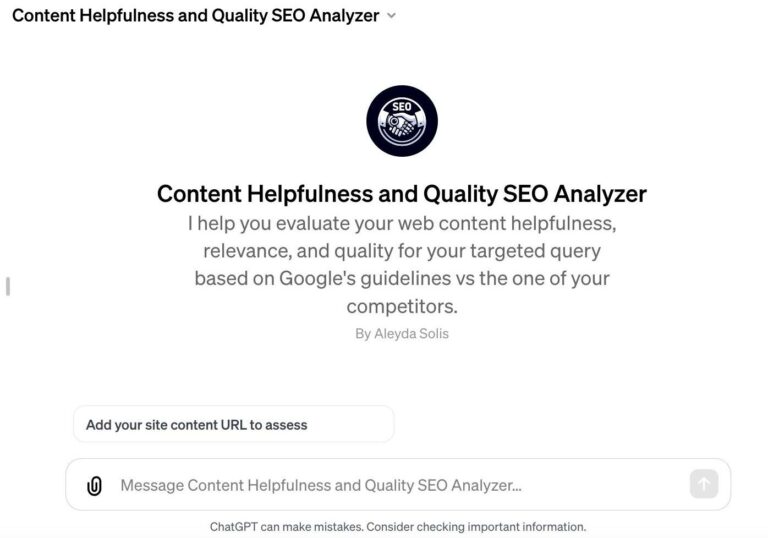
We’ve all heard stories of overnight success in crowdfunding, where a product like Pebble or Ouya gets millions of dollars in funding, becoming a wildly successful business. Entrepreneurs use crowdfunding for proof of concept, early validation, and even pre-orders. So it’s no surprise that on days when approaching investors goes wrong, the potential in crowdfunding seems like the light at the end of the tunnel.
Nevertheless, keep in mind that for every successful crowdfunding campaign, thousands go bust. So before starting a crowdfunding campaign blindly, make sure you know everything to make an educated decision.
What is Crowdfunding?
Crowdfunding is a way of raising capital through the collective effort of friends, family, acquaintances, as well as existing customers and fans. Through social media and crowdfunding platforms, the approach taps into the collective resources of your network, as well as branching out into your supporters’ connections. Unlike traditional capital raising, where you have to prepare a pitch, sift through your contacts and approach potential investors one by one, crowdfunding gives you a platform to present your pitch to everyone, as well as the possibility to offer different tiers of support and reward, to make supporting attractive to anyone.
How do I know if my Business is Suited for Crowdfunding?
Let’s start with the bad news first: there is no magic checklist that when completed, guarantees success for your crowdfunding campaign. But the good news is there are some things you can do to improve your chances of being funded.
1. Solve a Problem That Hurts…
Tell a compelling story on how you’re going to fix it. Your product has a bigger chance of being supported if you explain it in the context of the need it responds to. Start with the pain point, explain your solution and then identify the market size to paint a compelling picture towards potential investors. The bigger and more severe the problem, the more value your product will have in the eyes of people who are directly affected by what you’re doing.
2. Get the Logistics Sorted…
If you set out to deliver an actual product to your supporters, don’t start the crowdfunding campaign until you get the logistics sorted out: that means knowing how much production costs for your targeted number of products sold, how much delivery costs, how much time it will take to send out all rewards. Unless you do this, you will have a hard time estimating delivery times and managing your supporters’ expectations. Getting the logistics sorted leads us to:
3. Know how Much You Need…
It’s never a good idea to ask for everything at once. Knowing your logistics costs as well as having a long-term plan for your business will help you set milestones both in capital raising and business growth. Set out to crowdfund only what you need to get to the next stage. Your supporters will appreciate understanding what stage your business is in, instead of worrying you pulled the numbers out of the sky.
4. Plan the Work and Work the Plan…
Crowdfunding campaigns are never about the 30 days the campaign is running. Start planning a year ahead and start promoting months before you actually launch the crowdfunding campaign. The hardest part of preparing your crowdfunding campaign is getting excited about the product you are building. Share your concept and your passion for it until it becomes infectious. And always show appreciation to those who give you their support. Crowdfunding is dependent on the starter crowd that supports you and gets the snowball rolling in the first days of the campaign.
How to get started on crowdfunding
If you’ve checked all the points on the list above, then organising a crowdfunding campaign is worth trying. Here are some of the options you have for crowdfunding platforms.
Kickstarter
Probably the most famous crowdfunding platform out there, Kickstarter applies an all-or-nothing approach to their campaigns. In other words, a campaign isn’t funded unless it reaches its set goal. Their focus is on creative projects, from gadgets, apps & games to music albums, indie movies, and comics. The platform doesn’t accept campaigns focusing on causes or charity, and while it encourages rewards, it doesn’t allow equity crowdfunding.
As the platform has been active since 2009, you will find many resources and success stories on their website. Read everything there is here.
Indiegogo
With a name obviously encouraging the independent project to become a reality, Indiegogo is a crowdfunding platform dedicated to all kinds of projects (including causes and charity projects). Compared to Kickstarter, it has the extra perks of a more cohesive support system for their campaigners, an own marketplace to continue selling your product even after the crowdfunding campaign is over and an optional flexible funding feature: meaning you can choose to accept the funding even if you haven’t reached your set target.
Read more on how Indiegogo works here.
Equitise
Equitise is a platform that allows for Equity Crowdfunding, a mechanism that enables a group of Investors (the Crowd) to provide funding to a Company in return for an ownership stake (Equity). Equity crowdfunding is well suited for businesses that address consumers directly and show strong growth potential, therefore being able to generate high returns for investors.
Read more on how Equitise works here.
StartSomeGood
StartSomeGood is a crowdfunding platform exclusively for social change initiatives. They help social entrepreneurs, nonprofits and community groups to raise the funds they need to make a difference in the world. The team behind the platform offers support for all the projects they review and accept to promote on their platform.
Read more on how StartSomeGood works here.
Crowdfund Away
Crowdfunding for your business is an ongoing marathon involving blood, sweat, and tears. It requires you to build rapport with all your supporters, across all tiers, as well as have a clear business plan, to deliver what you promised. It’s not for everyone, and it’s important to be honest with yourself when considering if crowdfunding as a viable option.
Nevertheless — if your business solves a pressing need, if you have a clear plan, if you have enough excitement pumped up — then roll up your sleeves and give your all to your supporters. They might just give you back everything you need.
Want to know if your idea is any good?
We offer a free startup idea evaluation for our Medium readers in Australia and the United Kingdom.
Join our free founder community today
Apollo is a free founder community designed to help first time entrepreneurs get it right the first time around. Access to over 1,600 founders, 50+ mentors, 30+ investors and over $10k in partner discounts.
Access Apollo for free today.





